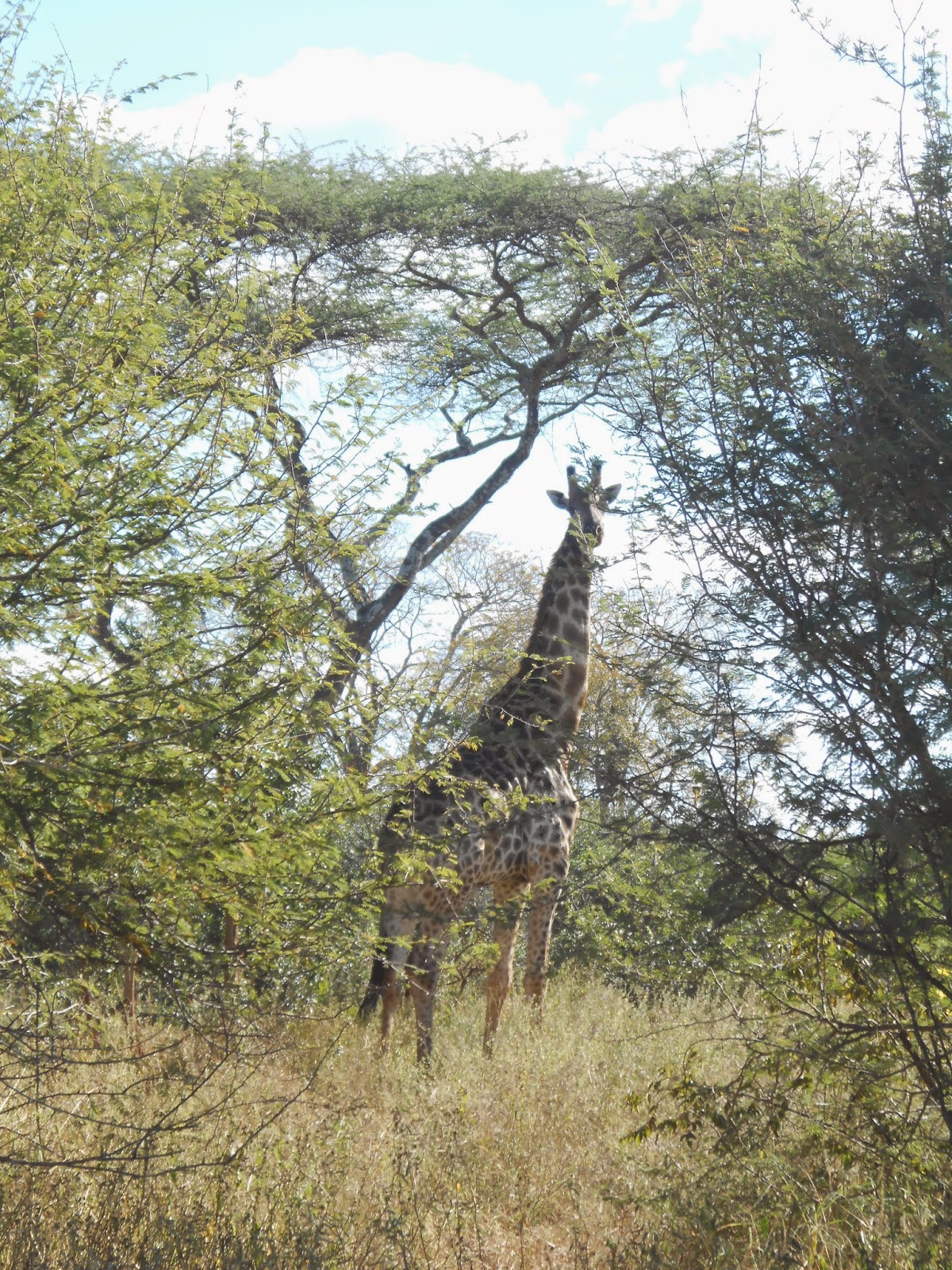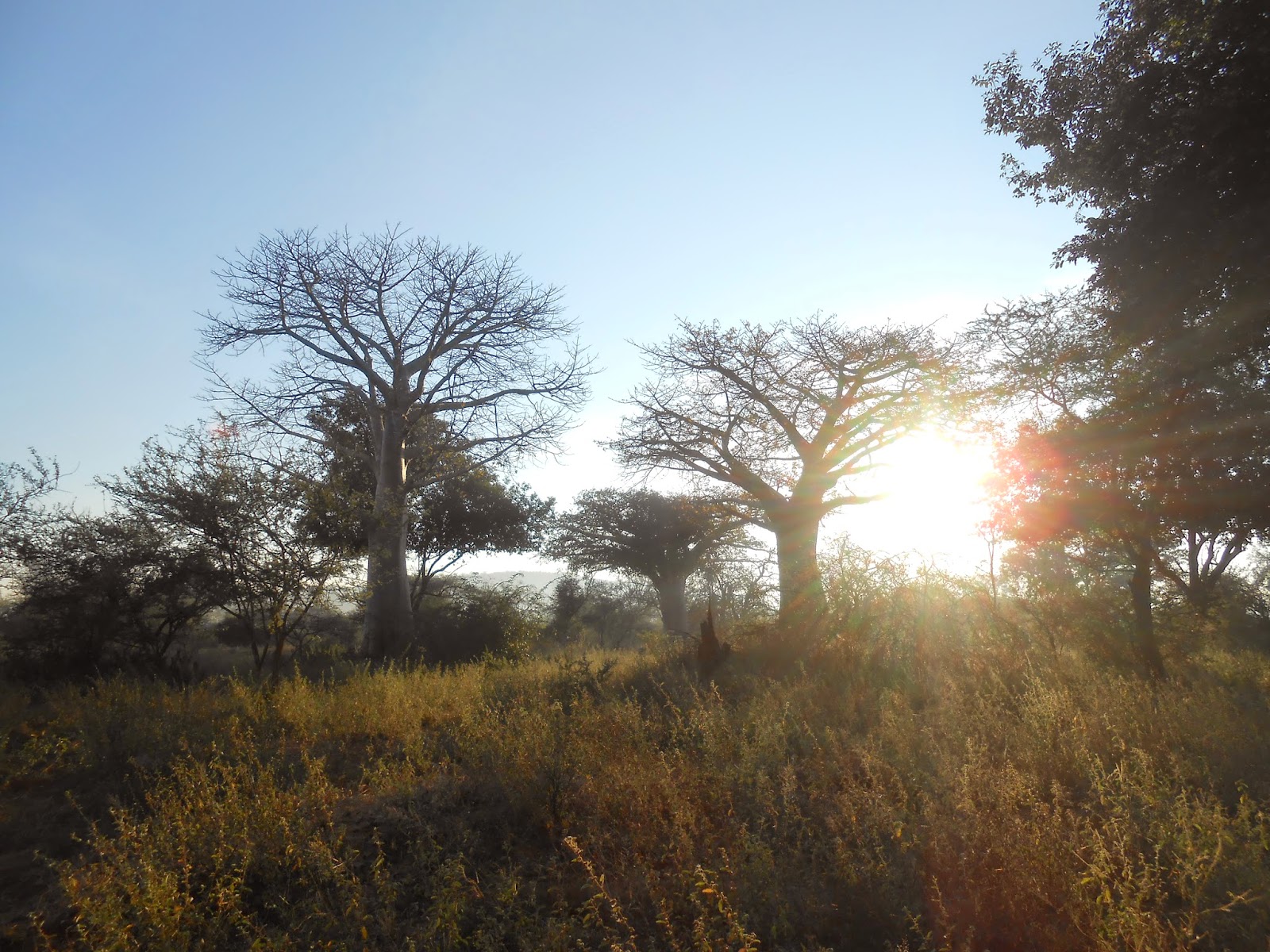Sleepless nights. Stomach aches. Teary eyes.
I was fighting tooth and nail last week.
But it wasn’t for myself.
It started when we heard from the wonderful people that will
be living in our house after us. A few
excellent email exchanges later I knew they would love our yard as much as I
do. The problem was, I wasn’t so sure
they’d love our staff as much as I do.
Coming from the same place I found my own self two years ago, they had
good questions and concerns and just weren’t so sure that the
housekeeper/gardener thing was for them. My heart broke as I realized our
housekeeper and gardener may not only be out of jobs due to our departure, but
even worse, would lose their home.
Suddenly I found myself thinking deeply about this concept
of “staff” (housekeeper / gardener / driver / ironer / nanny) once again, this thing that sounds so bourgeoisie that I have
tortured myself for two years over my participation in it. As I tried to
rationalize the conflict of having staff with the value of doing things one’s
self, I suddenly realized. I have entirely changed my stance on having staff. Two years of Zimbabwe has completely altered my concept of this important piece of the African economy we call “staff.” I
recognize its value deeper than appeasing someone’s laziness or serving
someone’s aristocratic values.
As I rationalized staff to the newcomers emailing questions
and concerns, I suddenly found myself emotionally writing a cathartic ten page
love letter about our staff. I typed
faster than ever before, pouring out my experiences and opinions in a jumble of
typos and sentimental notions and logical explanations. So here it is. My change of heart. My explanation (a little more succinctly and
with hopefully a few less typos) to anyone who asks why it is so very important to
get over the foreign baggage and discomforts of the concept of staff in order
to truly embrace and experience the culture that is now Zimbabwe:
-Being “served” by
someone is a gift. An uncomfortable gift if you let it be
uncomfortable. And an amazing gift if
you let it be amazing. It is all about attitude and how you respect others,
whether the person you are dealing with is your boss or your employee. It’s true.
When we first arrived here I referred to the Zimbabwean form of “having
staff” as closely looking like bigoted households from the 1950’s American
South. I have seen some horrifying
attitudes and have witnessed some atrocious words. But we cannot group mistreatment in with every
person who has staff; it is entirely dependent on the household. Racial differences can be complex –or simple,
depending on how you look at them- but either way, they can add layers of
richness when a person is treated with love in an employer-employee relationship that becomes
strangely intimate as your lives grow together.
-Having a job is
honorable. Period. An important
notion I did not recognize until recently was that our staff do not find being of
service to someone else at all embarrassing, dishonorable, or below them. Therefore,
my discomfort has to end there. Gardeners and housekeepers who have come from
the rural areas to make it in the cities as “staff” are incredibly well
respected by their families and communities.
They are often the biggest bread-winners of the family, able to support
many who have stayed behind, and eventually able to return to their rural areas
to build homes for their retirement. If staff see themselves as respected
professionals, I should get over my guilt of putting someone in a service
oriented role. Just because it is often work
I’d rather not do, does not mean I am using someone or valuing them less. I am employing someone.
-Having staff is not
about laziness. This city’s landscape was organized and set up by British
people with British concepts of homes, gardens and yards. To upkeep that concept on a continent like Africa
takes a lot of time. Africa is work. More work than having an equal-sized home in
the US.
-Plants can grow
inches a day during the rainy season. Or
require watering every day during the dry season. Electric fences must be kept clear and lawns
mowed more than once a week during the rains.
-A layer of red
dust settles inside every window and door during the dry season. Mud splatters every surface during the rainy
season.
-There are
poisonous spiders and many bugs. If homes
are not swept or dusted and furniture not moved regularly, they inevitably have
infestation problems. In Africa a person
must be okay with having animals in their home. We occasionally have a bird in
the house, we often have skinks and geckos on the walls, and there are spiders
called “flatties” and giant striped-legged rain spiders that show up during the
rainy season. Most animals are
harmless. But if we do not sweep and
dust things often, we start to be taken over by these things.
-All laundry needs
to be heat-treated because of the pootsi and tsi tsi fly eggs.
-Having a fire in
the home every night is common during the winter in these non-insulated
concrete homes… but someone must chop the wood-often.
-A home owner should
always have someone on the property when they go away, especially for longer
than a few days. This is to deal with alarms, storms, maintenance, etc, but
also to have a presence on the property. Abandoned properties do not last long
here; even the plants can be stolen.
-I can go on and
on. The point is that this is not a
place in which vegetation and yard work takes a break for even a day. Mother Africa’s wild side is always pushing
on the pieces that have been built/planted by humans. Even if I took on our household and garden as
my only fulltime job, I could still not do everything that would need to be done
daily.
-Employing one makes
a difference to many. This country has the third lowest GDP in the world.* Unemployment is one of the highest in the world. I mean poor, poor. For every staff member one employs,
another ten mouths at least are fed. Our
staff alone supports another 10-12 people.
Unemployment is so high that the culture of having staff is one of the
only stable employments keeping many people fed across the country. For every job a privileged person can offer
to another, whether it is low paying or not, the effects trickle far down into
the economy and the lifeblood of the nation as a whole.
-Having staff is like
building a bridge. A very difficult bridge that will never quite be built
until guilt/jealousy is set aside and it becomes a beautiful picture of two
families helping to provide for one another in a symbiotic dance. It becomes a
way of introducing both sides to a new culture.
Zimbabwe is full of wall after wall.
It can be hard to meet people and isolating to feel like the privileged
person driving from those wall-to-walls. Our staff have opened a door for me to
come to love people different than myself, to more deeply recognize the value
and inner-workings of another culture, and to therefore learn more about this
great country.
I could wallow in my guilt. (I am great at that- can you
tell?!) Afterall, I did that for the first year we were here. But slowly I came to realize that just
because I cannot offer someone a house and living as equally large as the one
someone gave me does not mean that it is not a gift worth giving anyway. I have evolved away from my guilt toward
something much more life-giving and meaningful than brooding away, pondering
what I am not able to provide for someone I appreciate.
“The Housekeeper Thing,” as I called it, is so incredibly
complex for a foreigner to move into. It’s
not just about having an employee. It’s
about sharing your yard. Your home. Your privacy.
And it confronts your privilege daily.
But as I look back on my time in Africa, it may just have been one of
the most rewarding and biggest learning opportunities out of everything I’ve
experienced here.
In the end, our outcome is great. I am happy to say my heart has changed and
whatever difficulties of awkwardness and guilt I arrived on the continent with
have now greatly subsided, opening me to deeper possibilities of friendship
with those I now value so much. And even
greater, I am breathing huge sighs of relief to find out that we have convinced
the new people coming into our home to take on our soon-to-be-ex staff. Oh, what love and lessons we have learned
from them, these wonderful friends:















































































